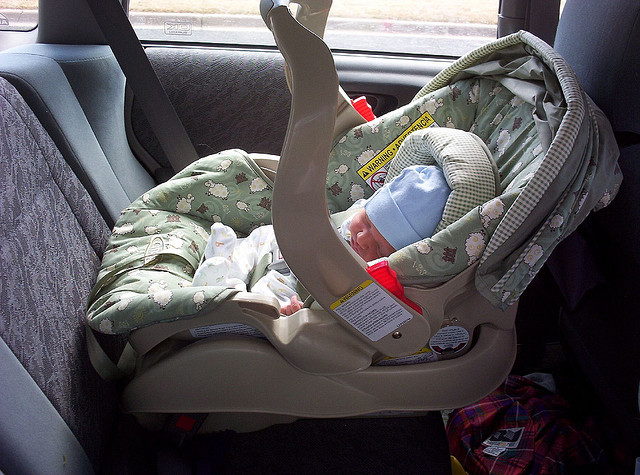Article by Daniel A. Levy, Esq.
Many of my custody and visitation clients come to me with questions about babies and small children. Almost always, the mother assumes that she should have primary residential custody. Fathers often ask me what rights they have and whether they can get custody. All custody and visitation cases are very fact-specific, but there are some standard legal concepts that will apply in all such cases.
First, it is important to note that in New Jersey historically had a legal concept called the Tender Years Doctrine. What this meant was that young children would presumably live primarily with the mother, unless the mother was unfit. It was a harsh concept and often discriminatory to fathers.
Critically, there is no actual law that says that young children automatically live with the mother. This was basically a concept that judges would historically use, based on very traditional (and dated) ideas of gender and parental roles. The law in New Jersey is that the judge must make a determination based on the best interests of the child, and there are several factors in the statute that courts will use to make that determination. But just because the New Jersey law was passed doesn’t mean that the Tender Years Doctrine was abolished completely. Judges continued to make rulings based on this dated idea. However, courts are getting more and more comfortable rejecting this old idea and embracing what the actual law says, i.e. that the best interests of the child control.
Today, families come in all sorts of shapes and sizes and those dated ideas of gender roles often don’t fit with the realities of modern families. That is why I always encourage parents to present us with all of the facts of the situation so that we can advise on how best to proceed. Sometimes, it is clearly in the best interest of the child to live primarily with the father, sometimes the mother, and sometimes a true 50/50 split is what is in the child’s best interests. But in any case, we always advise fathers that they should not simply give up on having custody just because women historically were the ones to primarily raise children. In the 21st Century, that assumption is becoming less and less applicable.
